Rumours of child abductors spread through WhatsApp in a small town in Mexico. The rumours were fake, but a mob burned two men to death before anyone checked.
Tagged with digital citizenship
NSPCC worked with the PSHE Association to create lesson plans for children aged 10-16 (key stages 2-4) on personal safety and healthy relationships.
The age-appropriate lessons cover subjects such as:
transition to secondary school
online safety and online friendships
consent
sexualised behaviour
unhealthy relationships
sharing sexual images.
Read more
If she is not welcoming immigrants to Canada and Uruguay, Shubnum Khan is selling carpets in New York City, leading treks in Cambodia or looking for love in France.
Her face has been on a McDonald's advert in China and one for sedation dentistry in Virginia.
But the truth is, the South African author and artist has done none of these things.
40,000 pupils took part in this year's LGfL DigiSafe pupil online-safety survey about their online lives. We found out what they love and what they hate, what really goes on behind closed screens, and who they trust when things go wrong. Discover what we learned and what it means for schools, parents, industry and government in our new report, 'Hopes & Streams'.
Parents’ excessive use of mobile phones has been linked to increasing children’s behaviour problems in the world’s first study of its kind.
Tracking your phone's gyroscope, scanning your messages and giving your data to third-party companies.
These are just three of the things you agree to when signing up to some tech companies' apps and sites.
BBC research has found some of the language used in privacy policies and terms requires a university education to be understood.
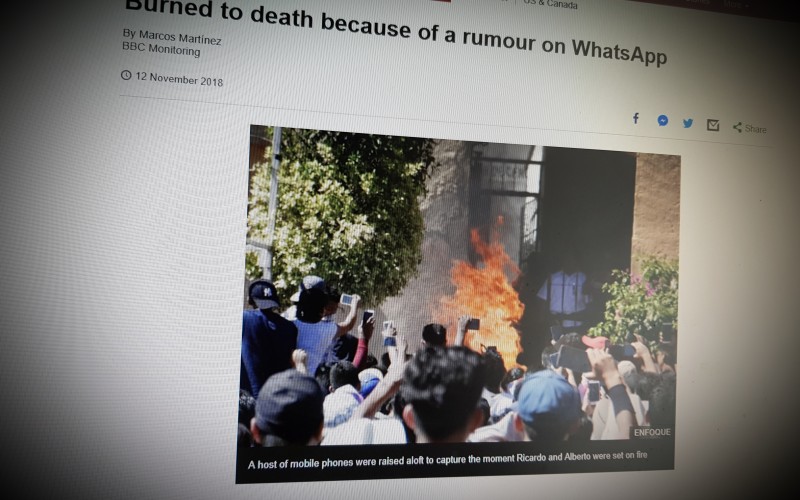
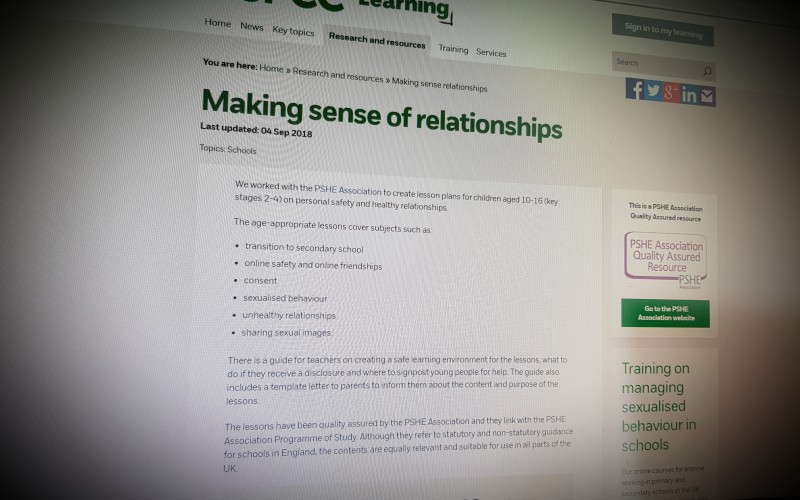

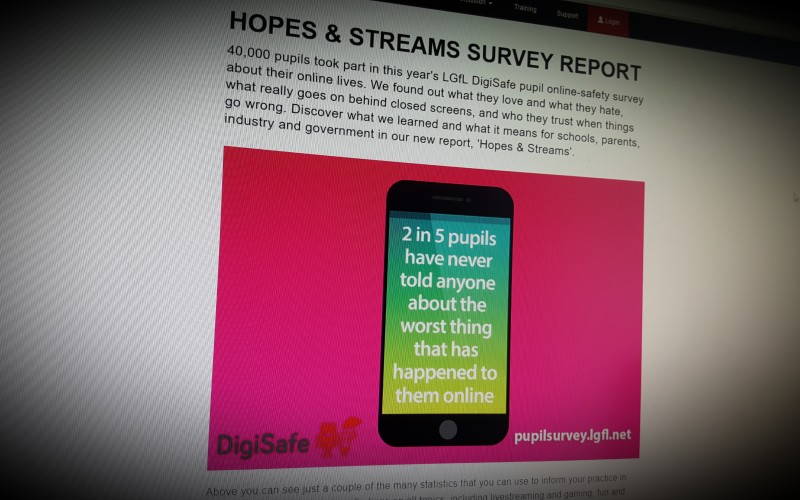
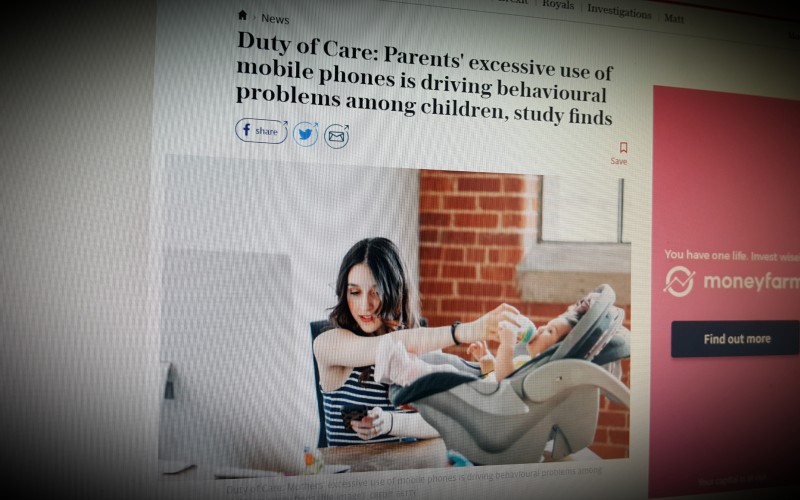
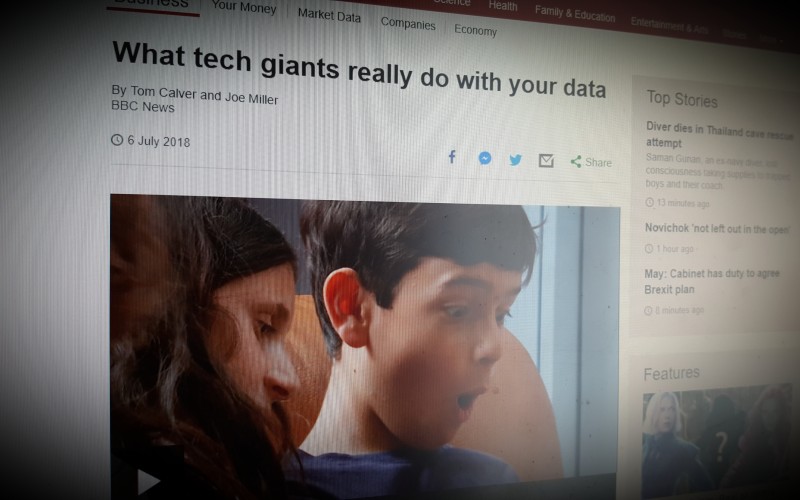
Comments
make a comment